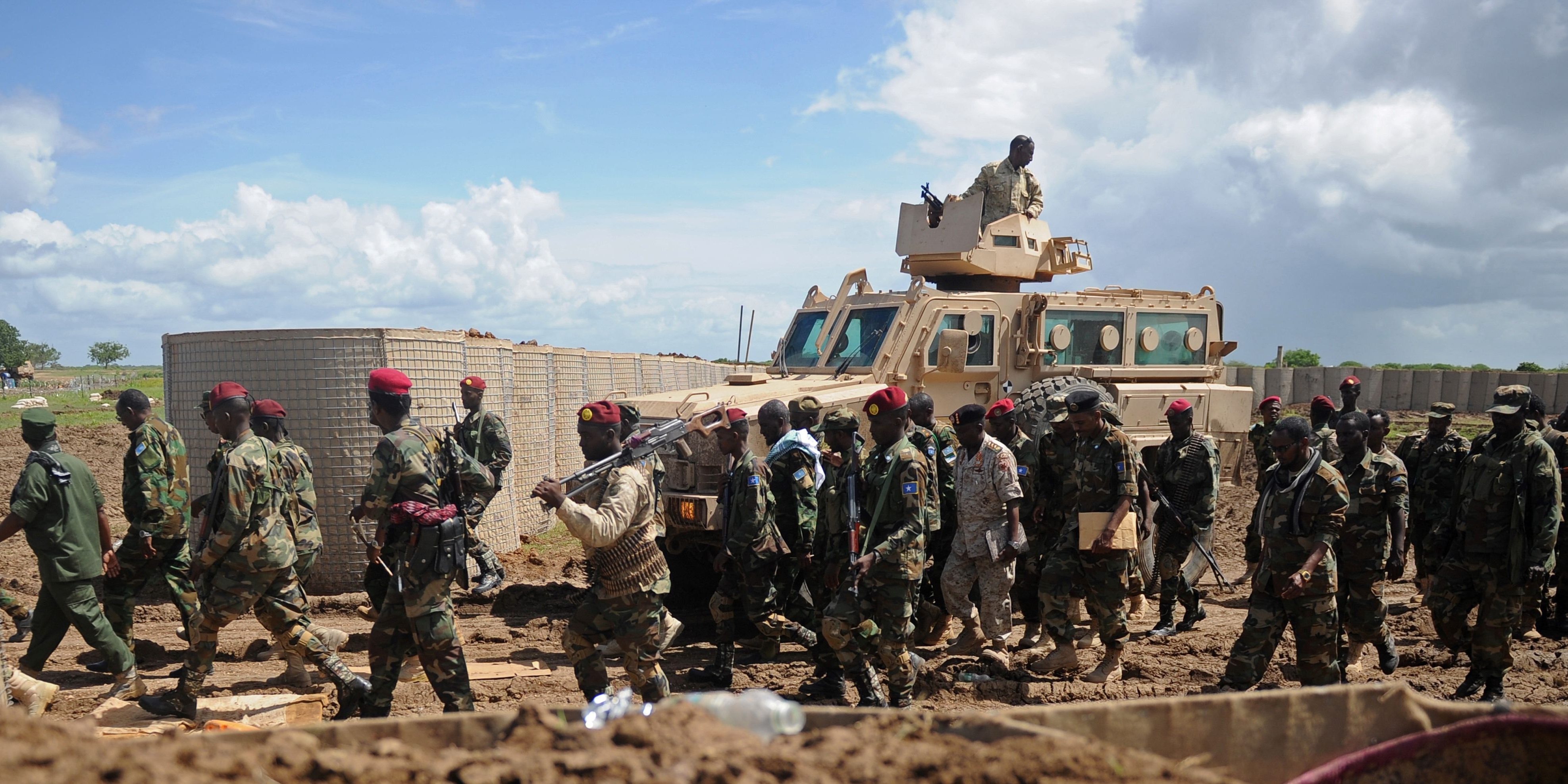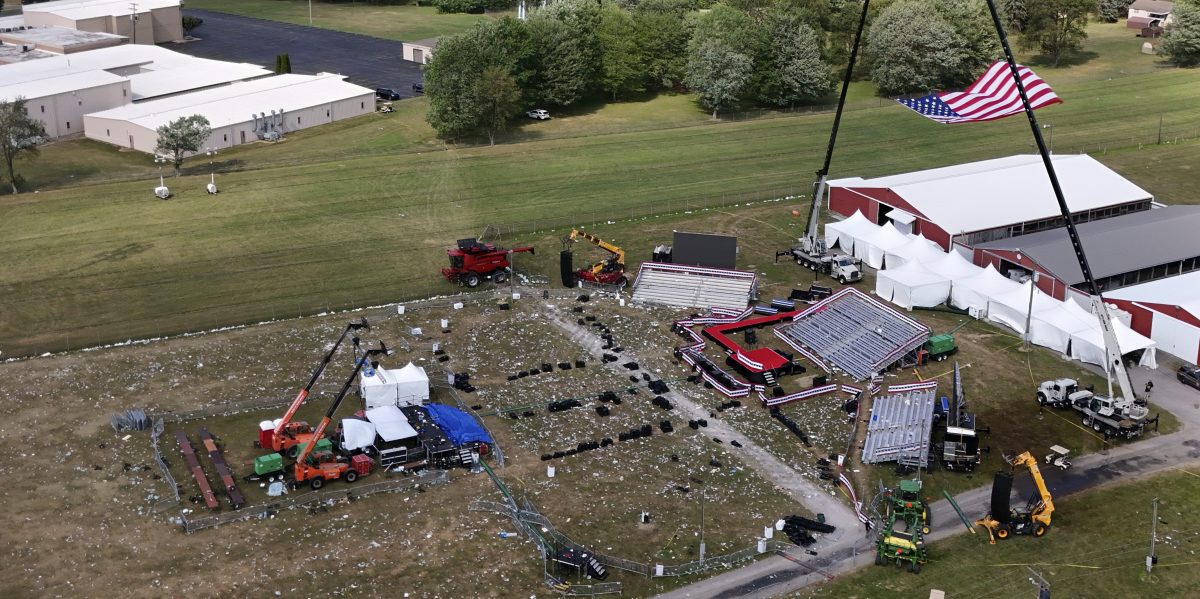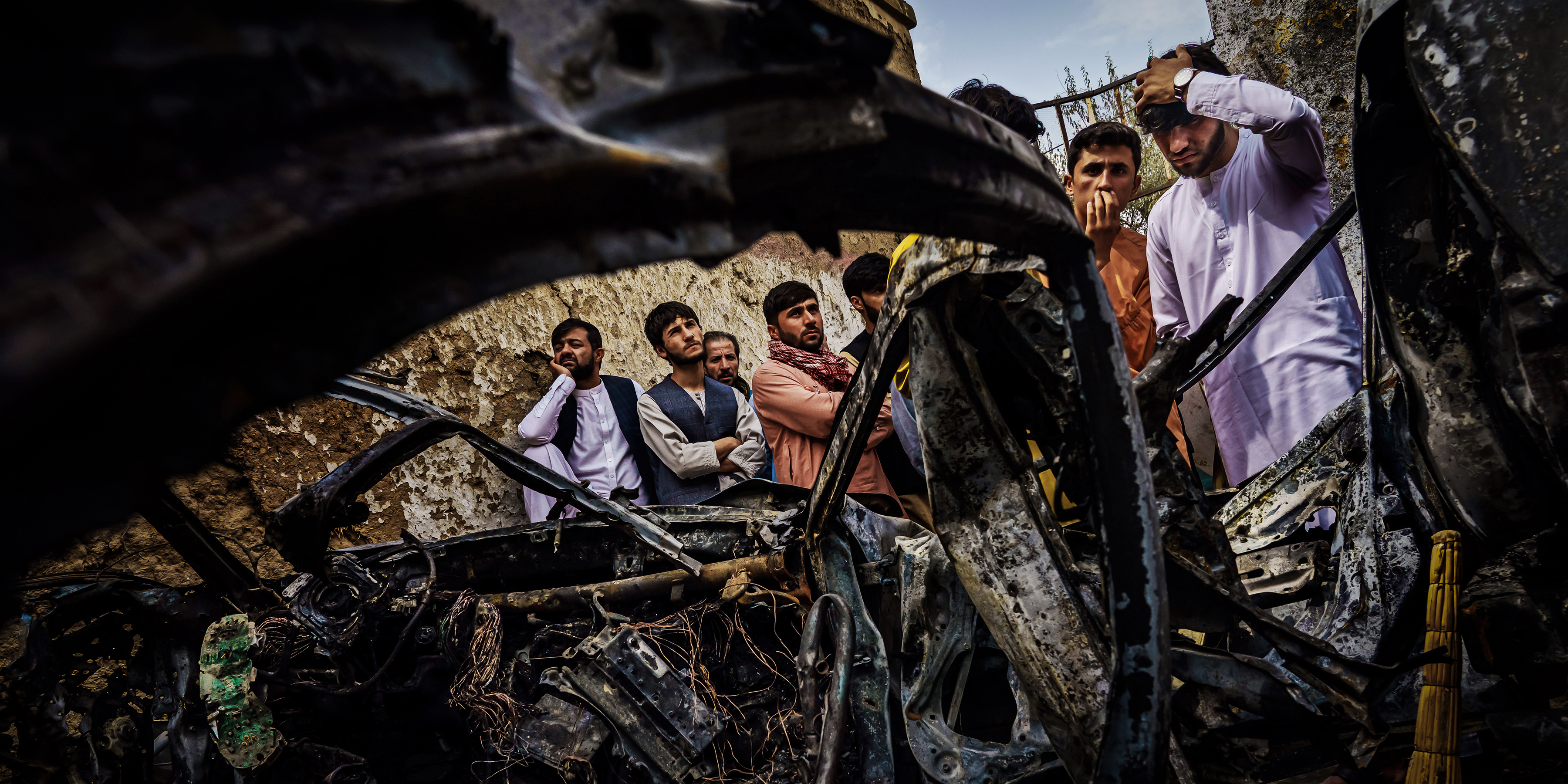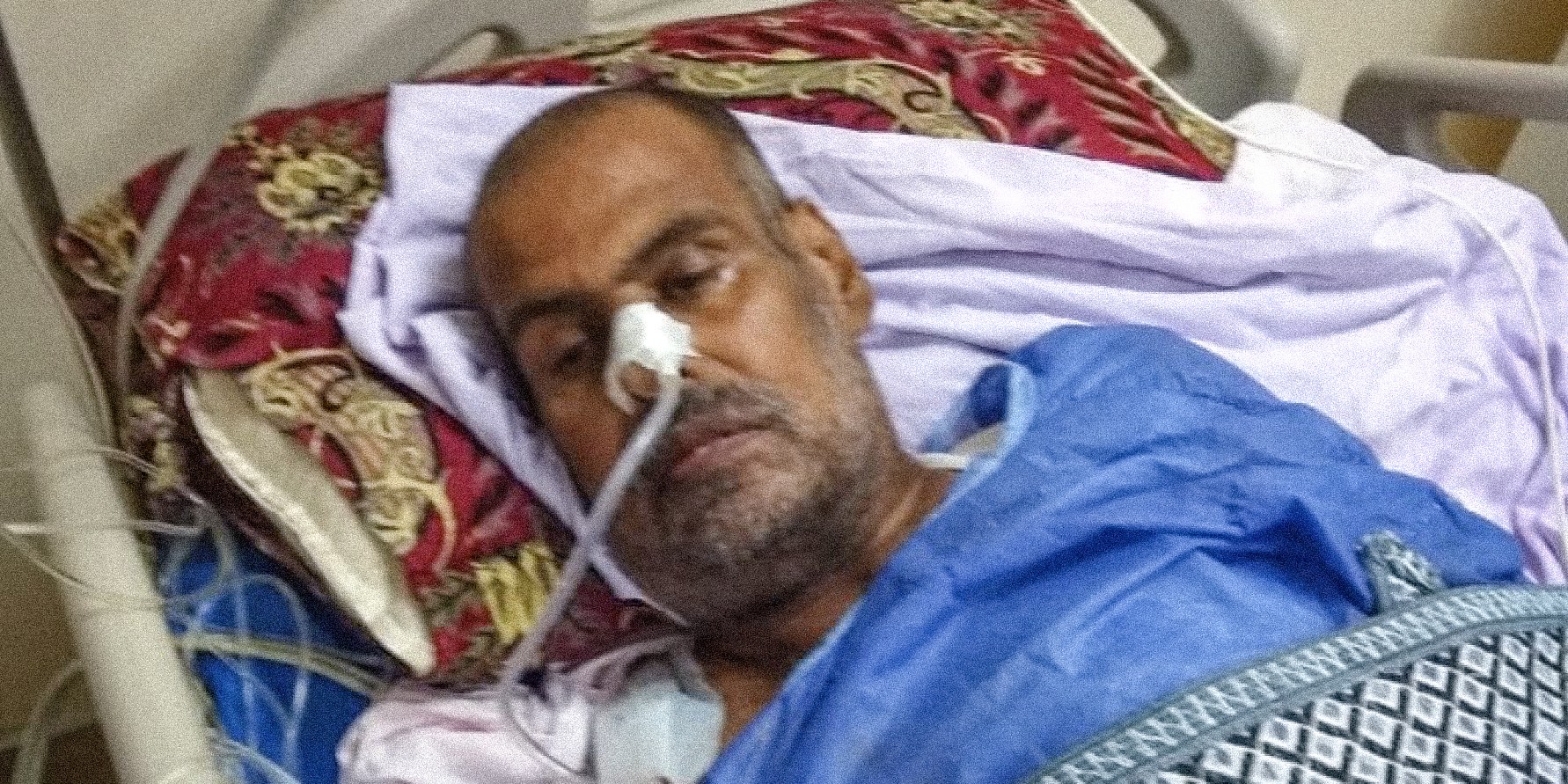Co-published in partnership with Sahan Journal.
The United States did not offer compensation to the family of a woman and her 4-year-old daughter who were killed in a 2018 drone strike in Somalia, according to a new Pentagon report on civilian casualties resulting from U.S. military operations.
The analysis, issued almost a year after its congressionally mandated deadline, shows that the Pentagon made no ex gratia payments during 2022, despite setting aside millions in funds for making amends.
The April 1, 2018 attack in Somalia killed at least three — and possibly five — civilians, including 22-year-old Luul Dahir Mohamed and her 4-year-old daughter Mariam Shilow Muse. A U.S. military investigation acknowledged the deaths of a woman and child but concluded their identities might never be known.
For more than five years, the family has tried to contact the U.S. government, including through U.S. Africa Command’s online civilian casualty reporting portal, but never received a response. Last year, I traveled to Somalia and spoke with seven of their relatives.
“They know innocent people were killed, but they’ve never told us a reason or apologized,” Abdi Dahir Mohamed, one of Luul’s brothers, told me last year. “No one has been held accountable.”
The Pentagon report — which was due on May 1, 2023, but was only released in late April — concluded that U.S. military operations in 2022 resulted in no civilian casualties. It also notes that the Defense Department did not make any ex gratia payments to civilians harmed in its operations in 2022 or the families of those killed in strikes from previous years. This follows one ex gratia payment made in 2021 and none issued in 2020.
“It is deeply disappointing that, despite significant funding and many requests from victims, the Department failed to offer even a single payment in 2022,” Annie Shiel, the U.S. advocacy director at the Center for Civilians in Conflict, told The Intercept. “With the millions of dollars authorized by Congress, the Defense Department could have made hundreds of payments to civilian victims and survivors — including to the families in this case,” a reference to Luul and Mariam’s case.
“It is deeply disappointing that, despite significant funding and many requests from victims, the Department failed to offer even a single payment in 2022.”
The Pentagon did not respond to a request for comment.
After more than 17 years of drone strikes and commando raids in Somalia, the U.S. has carried out 288 declared attacks. U.S. Africa Command claims to have killed just five civilians in that period, including Luul and Mariam. (The military has never referred to the mother and daughter by name.) Airwars, the U.K.-based airstrike monitoring group, says the real number may be more than 3,000 percent higher.
In 2022, the Pentagon issued a blueprint for improving how it addresses noncombatant deaths called the Civilian Harm Mitigation and Response Action Plan. This was followed, last December, by long-awaited instructions establishing “policies, responsibilities, and procedures for mitigating and responding to civilian harm.” It directed the armed forces to address people and communities on the receiving end of military operations, including by “expressing condolences” and providing ex gratia payments to next of kin.
Congress appropriates millions of dollars annually — $15 million since 2020 — for the Defense Department to compensate families of civilians killed or injured in U.S. attacks, but the Pentagon has shown an aversion to confronting its mistakes. The military rarely makes compensation payments, even in cases as clear-cut as the 2018 strike in Somalia.
In late 2022, elected officials sent multiple letters to the Pentagon calling for amends to be made to victims of U.S. attacks. In December 2023, two dozen human rights organizations — 14 Somali and 10 international groups — specifically called on Defense Secretary Lloyd Austin to compensate Luul and Mariam’s family. This year, Sen. Elizabeth Warren, D-Mass., and Reps. Sara Jacobs, D-Calif.; Ilhan Omar, D-Minn; Barbara Lee, D-Calif.; and Jim McGovern, D-Mass., joined the effort.
The Defense Department missed the May 1, 2024, deadline for releasing its 2023 civilian casualty report.
“The 2022 report was almost a full year late, and the 2023 report is already overdue,” said Shiel. “That means we have no public visibility into whether DoD finally began making payments last year as it worked to implement the action plan, which commits the Department to improving how it responds to civilian harm.”











